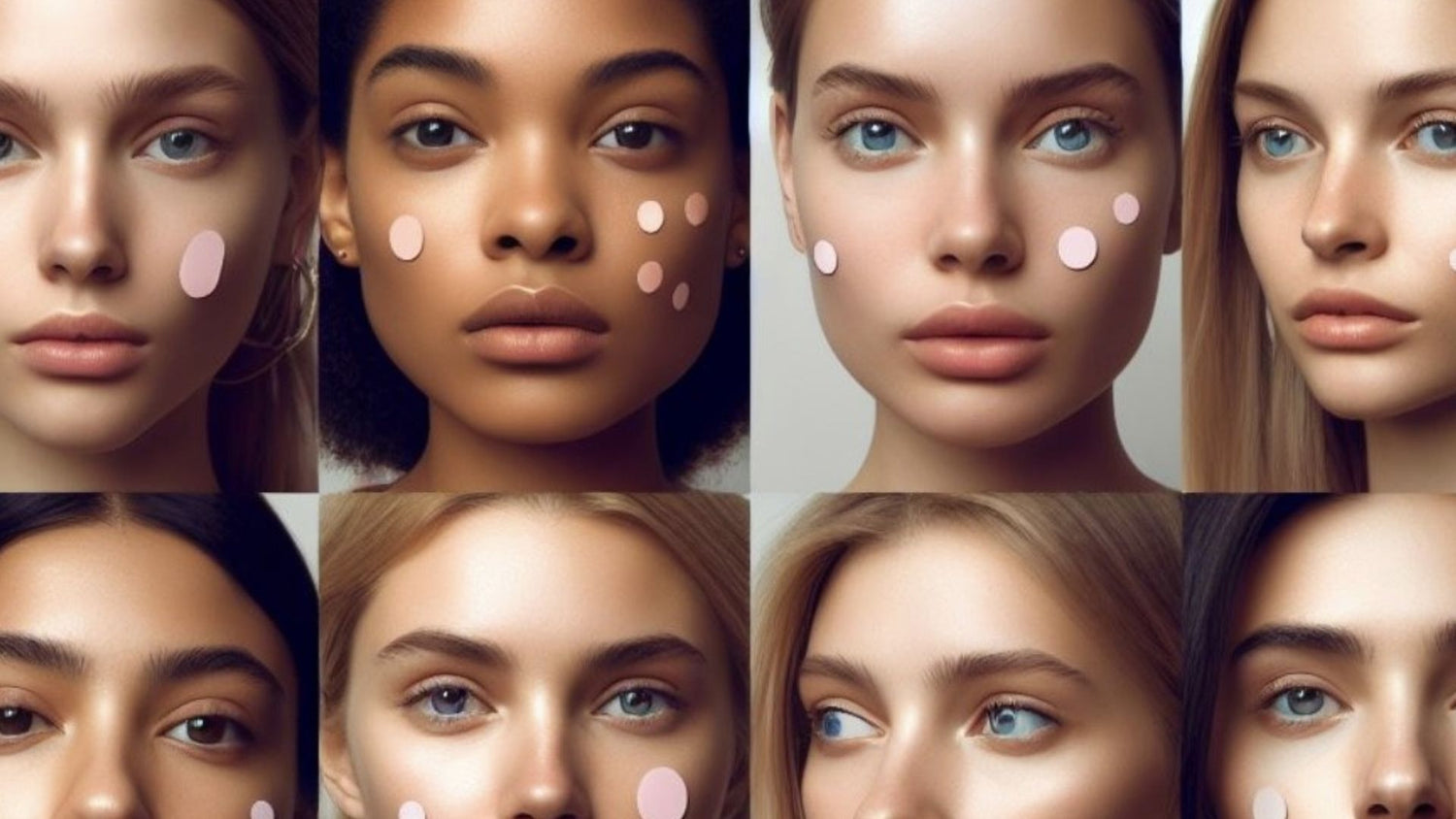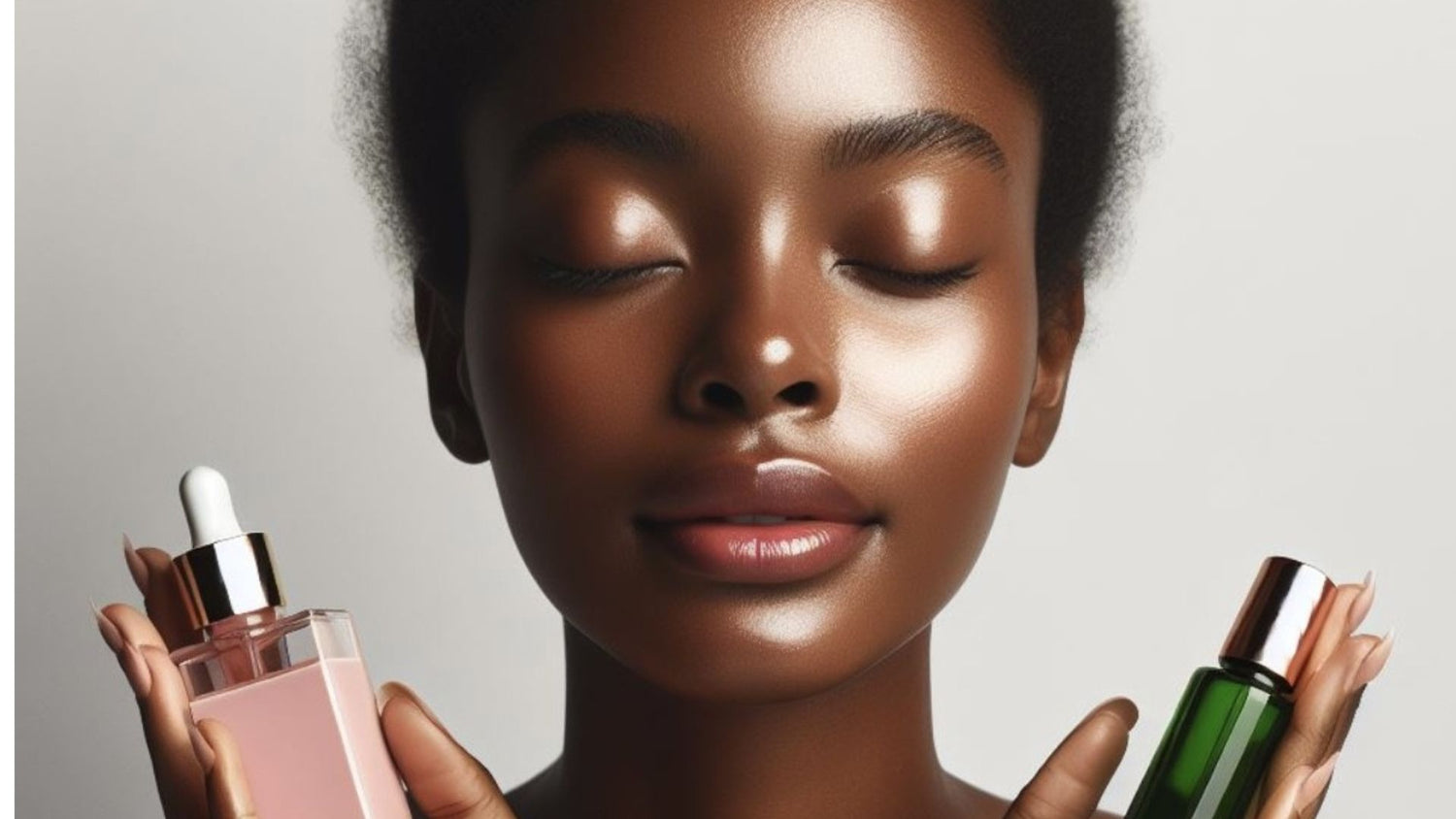There many skincare trends coming in 2024.

Here are cosmetic chemist and BeautyStat founder, Ron Robinson’s top 3 trends:
Peptides and Proteins
Peptides are amino acids that make up certain proteins that are critical for making skin function at its best. There are many different types of peptides used in skincare from those that act as messengers to signal your cells to stimulate collagen and elastin to Neuropeptides which are Peptides that signal your facial muscles to relax so as to smooth out wrinkles.
Though neuropeptides are not new, I’m seeing some big innovations in these peptides that may deliver more significant results than the current neuropeptides on the market. So effective, they might truly be Botox-alternatives.
The Peptide and Proteins trend is part of a larger understanding of the Skin Proteome.
Skin Proteome (where as skin microbiome is the bacteria and microorganisms that live in our skin, the skin proteome are all of the proteins that are found in our skin).
Skin is the largest organ of the body.
It protects your body from from germs and external aggressors, it prevents us from drying out, it functions as a sensor and it regulates your body temperature.
It is made up of water, proteins, fats and minerals.
Proteomics is the study of all the proteins that make up a cell, tissue or organism.
Proteome is the entire set of proteins found in a cell, tissue or organism.
Our skin contains proteins such as Collagen and Elastin which both provide structure and support for the skin. And collagen specifically is the most abundant protein found in the skin making up over 75%.
As we age, the production of these key proteins decrease and therefore our skin may appear more lined and we may lose firmness.
We do know that certain topical skincare ingredients can stimulate proteins like Collagen. But the field of Proteomics is important because this may lead to the discovery of new and novel active ingredients that might also stimulate the production of these key skin proteins.
Gold standard ingredient challengers:
Vitamin C, Retinoids and Hyaluronic Acid are gold standard, dermatologist proven ingredients.
We are starting to see newcomer ingredients that claim to be better than these.
Malassezin or Astaxanthin claim to have more antioxidant power than the essential vitamin C.
Azaleic acid, Peptides, Alfalfa extract and of course, Bakuchiol - boast the ability to provide Retinoid-results without the dreaded irritation.
Polyglutamic acid and Snow mushrooms both claim to be able to absorb multiple times more water than the classic Hyaluronic Acid.



